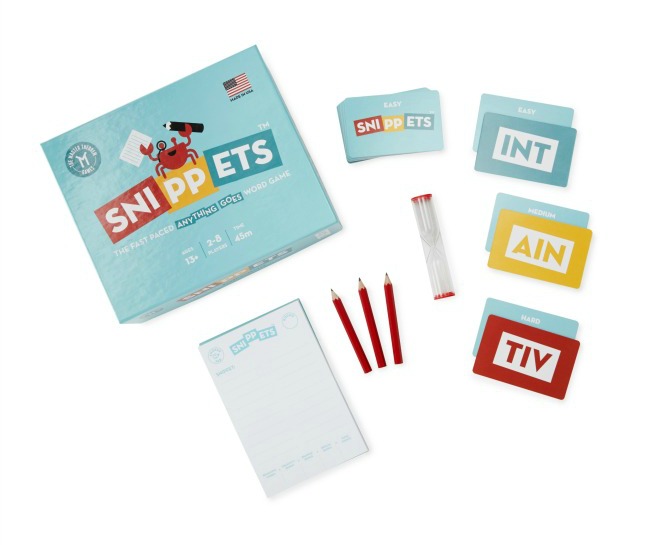 Even the most polished orators do it sometimes. Some people seem to do it constantly. Mostly, we don’t even notice it: interrupting ourselves with an “uh” or “um.” The basic function of these words is obvious: to give the speaker a moment to collect his or her thoughts before continuing. This verbal spam can also signal to the listener that the speaker has more to say, so wait for it. “Uh,” “um,” and the like have no inherent meaning or definition, but ironically, there’s actually an official linguistic term for the phenomena: speech disfluencies.
Even the most polished orators do it sometimes. Some people seem to do it constantly. Mostly, we don’t even notice it: interrupting ourselves with an “uh” or “um.” The basic function of these words is obvious: to give the speaker a moment to collect his or her thoughts before continuing. This verbal spam can also signal to the listener that the speaker has more to say, so wait for it. “Uh,” “um,” and the like have no inherent meaning or definition, but ironically, there’s actually an official linguistic term for the phenomena: speech disfluencies.
Even more specifically, among various kinds of speech disfluencies, meaningless mini-interjections are simply known by the straightforward term filler. Interestingly, different languages or dialects have different familiar fillers: American English favors “uh” and “um,” while the British tend to prefer “er” or “erm.” The Spanish sometimes interrupt themselves with “ehhh,” and the Chinese use “nèi ge,” essentially “that one.” Over time, filler can become more elaborate and some has literal meaning, like “like” and “so.” Recently, it seems those who want to sound confident with their filler say “I mean,” which is arguably only slightly more meaningful than, um, just getting on with it.
Snippets Word Game | $25

No Comments